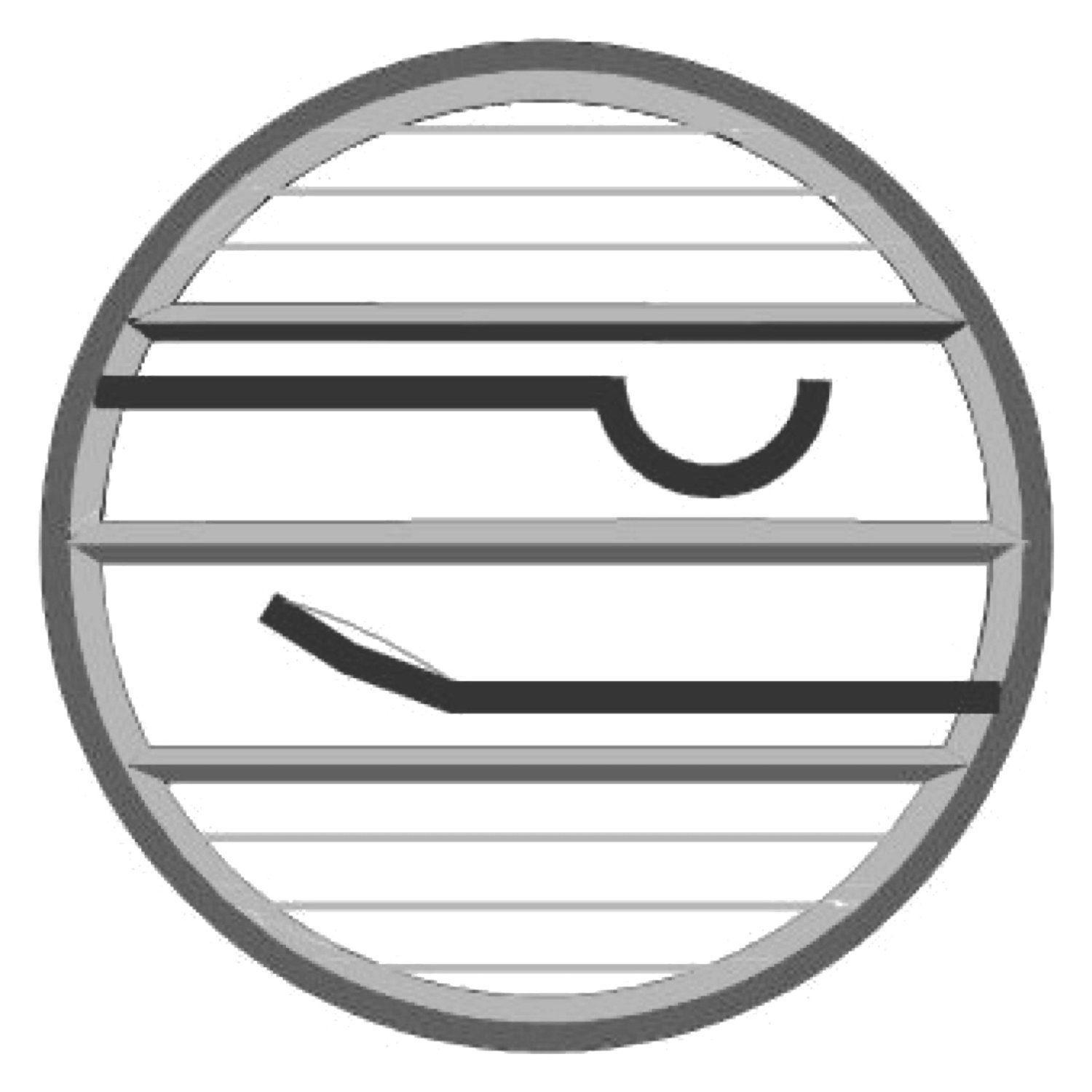DENTURES
What are Dentures?
Types of Dentures:
Dentures are removable devices that mimic missing teeth and the surrounding tissue. Dentures can be taken in & out, and are held in place by the existing surrounding gum tissue and bone. Utilizing a combination of suction, friction and tension, the device fits securely in your mouth and replaces your missing teeth.
It is important to note that dentures are long term solutions for missing teeth, but they are not permanently placed in your mouth. While dentures take some getting used to, and will never feel exactly the same as one's natural teeth, they can help our patients regain a natural looking, brilliant smile without the commitment of cost & possible surgery. They are a feasible & affordable way to replace multiple missing teeth.
Complete Dentures
Complete dentures are used when all of the natural teeth are missing. Complete dentures are placed in the mouth after any remaining teeth are removed and all tissues are healed. After the extraction process, there is a 6-8 week healing period before we can initiate the fabrication of the permanent denture.
During this first 6 weeks post-extractions, there are dramatic changes in the architecture of the bone and gums. While patients will have to be without a permanent denture during the healing period, we can consider fabrication of an immediate denture.
Immediate Dentures
An immediate denture (partial or complete) is inserted directly after the involved teeth are removed. It is a TEMPORARY solution to restore esthetics. Function, however, will be compromised and limited until a final and more permanent solution is obtained. The general guideline is that an immediate denture will require replacement 6 weeks to 6 months after insertion. The bone supporting the teeth reshapes as it heals, causing the denture to eventually become loose.
Partial Dentures
Partial dentures are used when only some of the natural teeth remain and the missing teeth are replaced with fake teeth over metal framework or flexi-gum colored material. The teeth that help hold the denture in place do take on quite a bit of extra stress and can deteriorate sooner that otherwise anticipated. Despite being more affordable, it is important to know the indirect cost of this added stress to the supporting teeth. Additionally, we want to reinforce the importance of regular check-ups to help keep these and all your teeth as healthy as possible.
Overdenture/Implant Supported Denture
Overdentures are complete dentures that rest on top of the gums, attached by implants. This option is removable by a dentist and is actually one of the most practical options available for patients who need to replace multiple teeth. With this type of denture you don’t have to worry about the dreaded clicking sound of loose dentures.
Flipper
The flipper is a temporary removable partial denture that can replace one or a few missing teeth to give the illusion of a full smile. We do not recommend flippers for long term use because they can be uncomfortable, have a loose fit, and are barely functional. Once the involved area is healed &/or the patients is ready for a permanent restoration, more functional and ideal options should be considered like implants and fixed bridge work.



